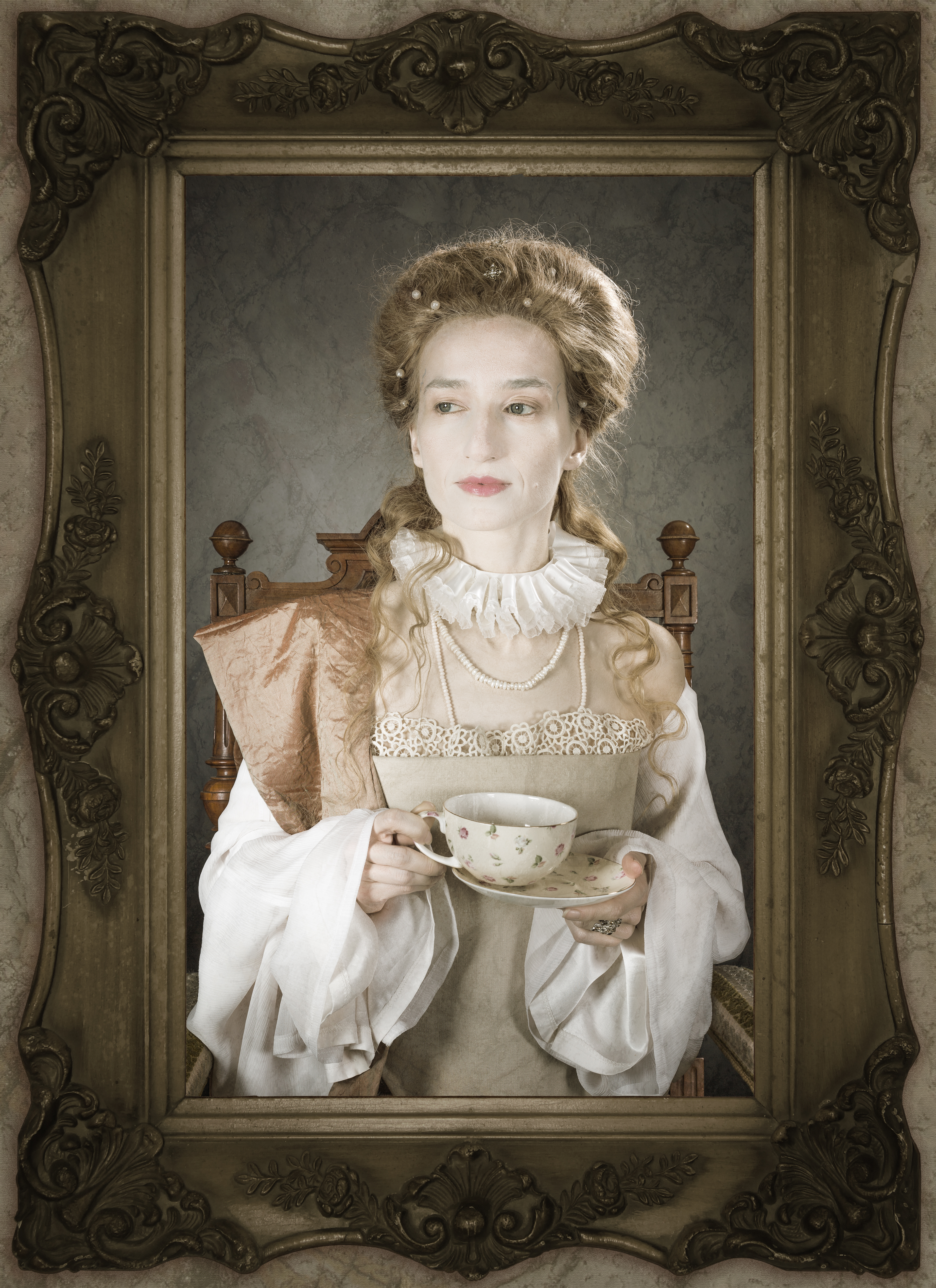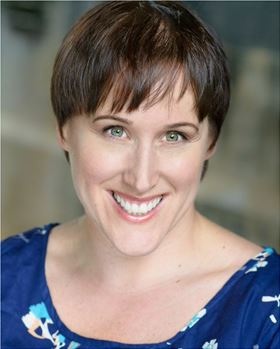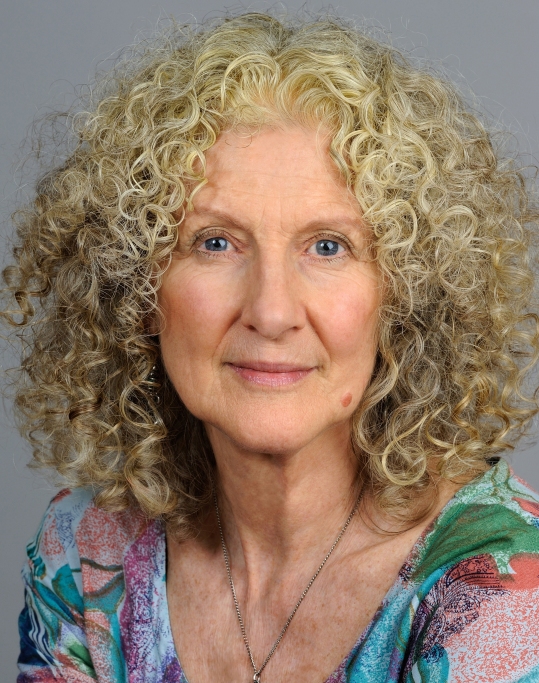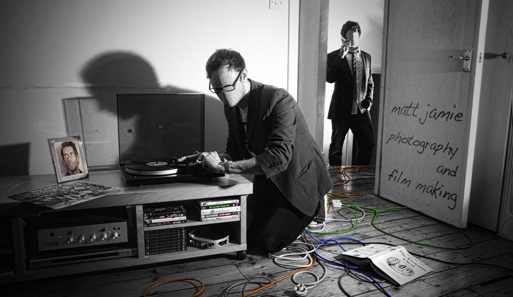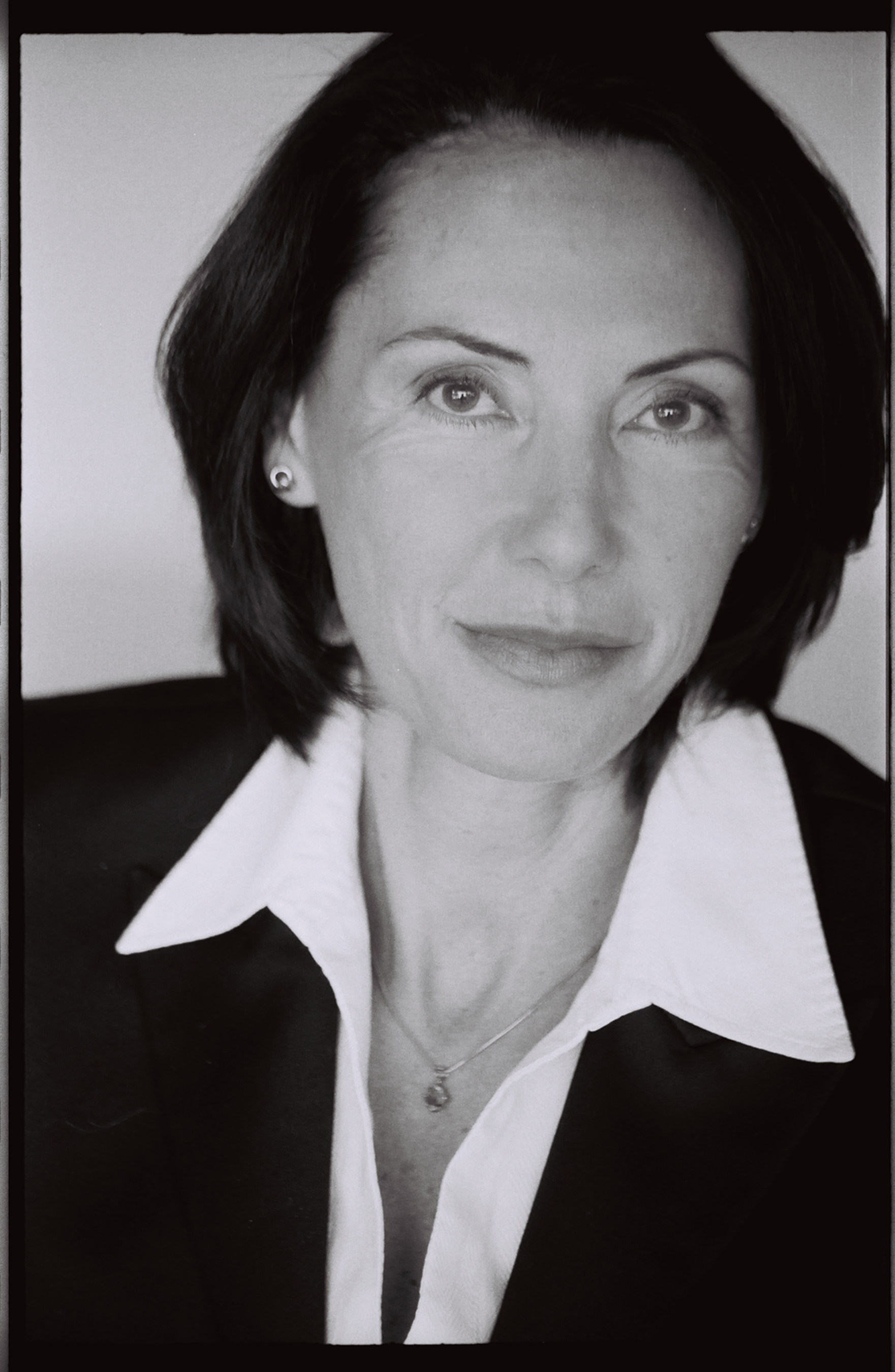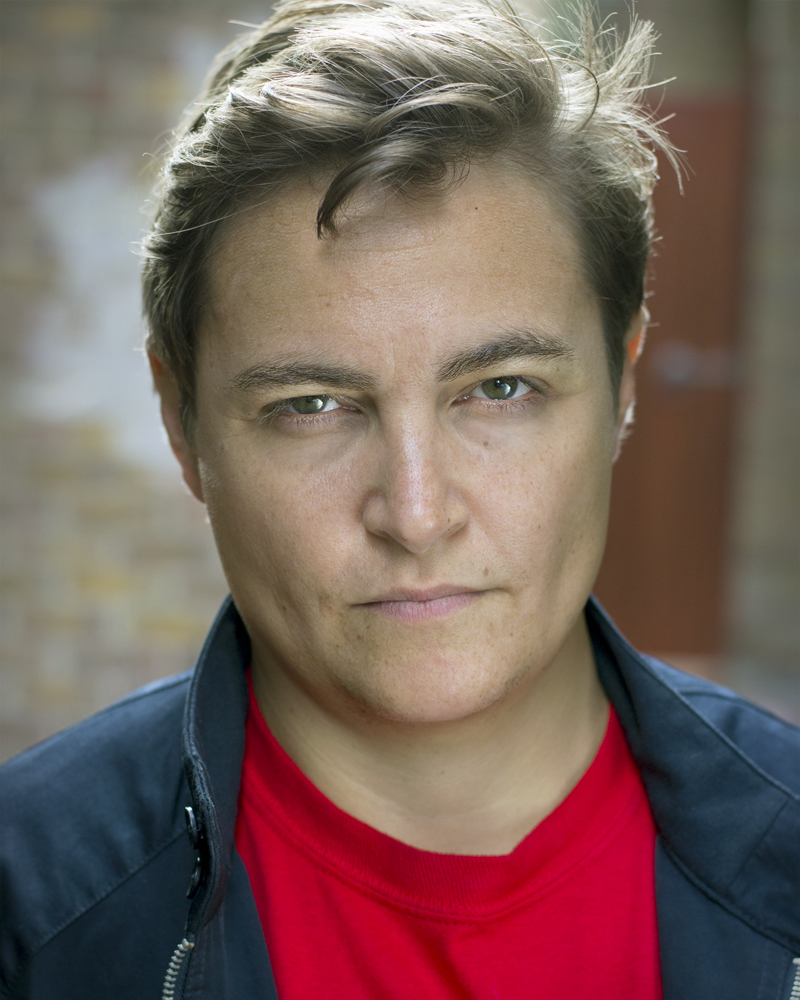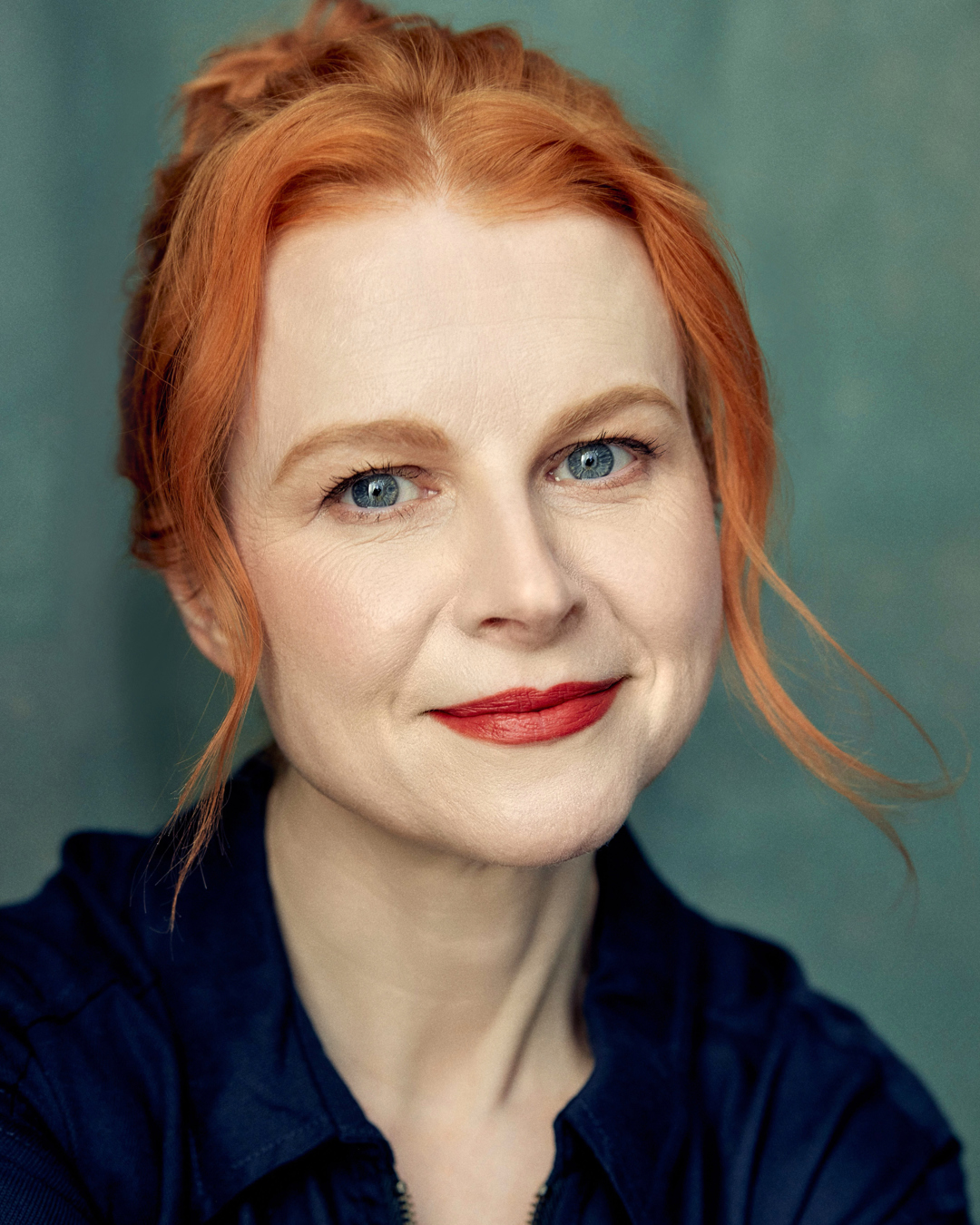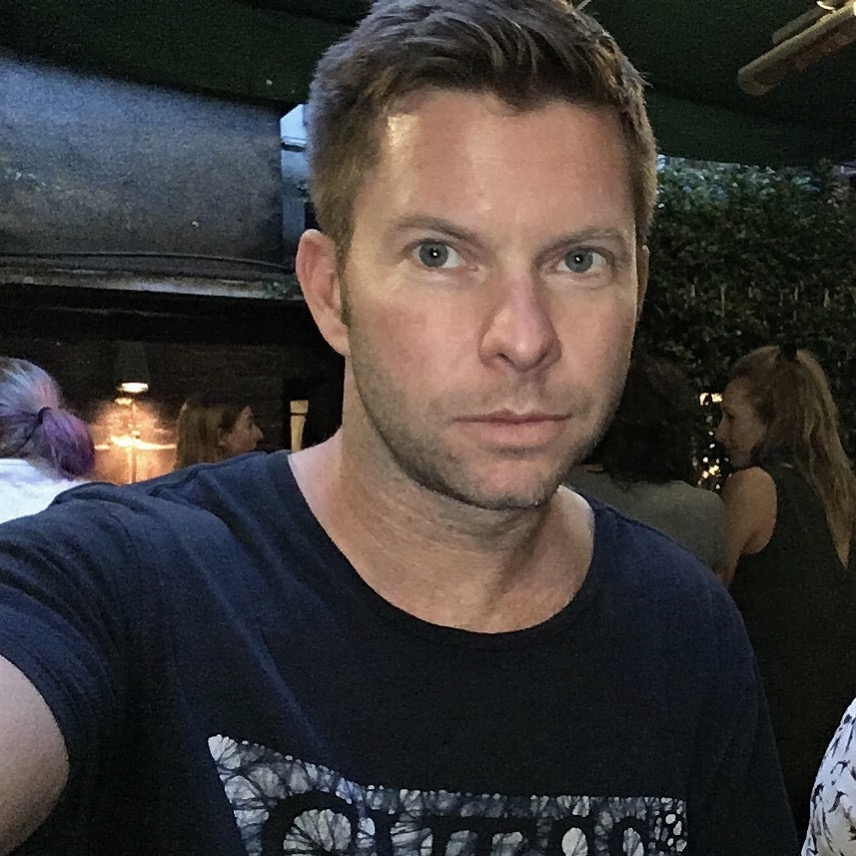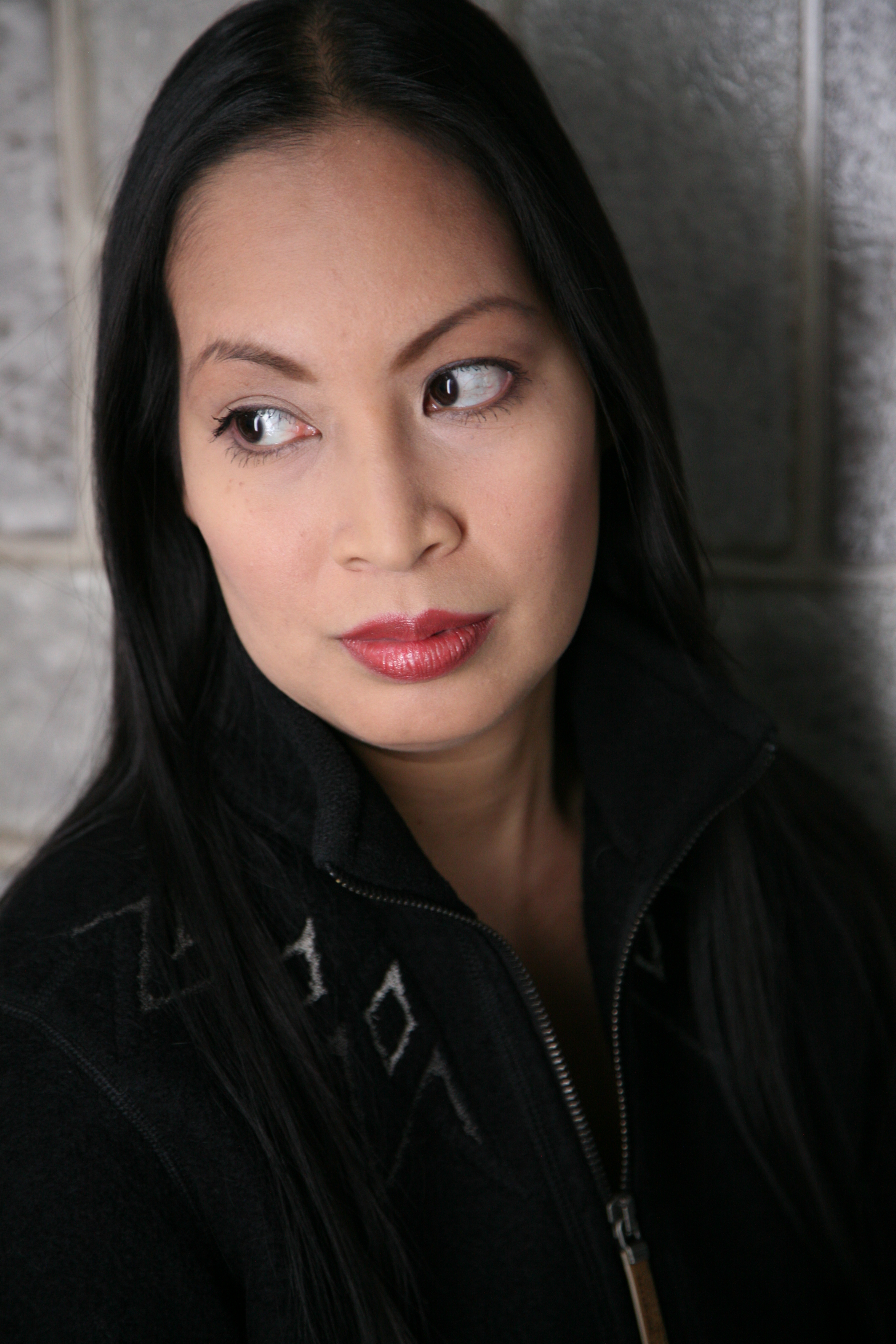ASK & DISCUSS
INDEXShould actors still 'perform' when off screen?
10 years, 8 months ago - Marf Salvador
Recently I've been doing a favour for some friends and shooting their comedy sketches.
One of the problems I have is this:
When there are 2 characters performing dialogue, unless they are both in the shot at the same time, they seem to switch off.
i.e. I'm shooting characters A+B in the same shot. Fine.
I shoot character A, alone for the same scene. Character B switches off and just talks his lines, no effort, no feeling etc. It makes it harder for character A to play off the lines.
What is the normal protocol? I'm very early on in my 'film' life.
Do you need to direct actors more? Do you always have two cameras on to make sure the actors keep acting?
I also see a problem arising in editing when trying to cut together dialogue
Any help would be much appreciated!
Only members can post or respond to topics. LOGIN
Not a member of SP? JOIN or FIND OUT MORE
10 years, 8 months ago - Paddy Robinson-Griffin
If you're the director, you tell them what you need from them. You're the boss. 'Alice, when we do Bob's close up, you're delivering the line flatly, but when you deliver in character, it really lifts his performance, which reflects better on us all'.
Actors need your direction, perhaps neither knows any better, so you're helping them get the best from each other. Make it a rule that any time the camera is rolling, they must be fully, deeply in character. Many actors will even go so far as to practice and develop their characters at every opportunity, even out in public, so the chemistry is real.
10 years, 8 months ago - Annie Lees-Jones
As a comedy actress for anyone to disengage or switch off whether on or off camera is very poor and extremely unfair. Unfortunately there is no right or wrong but comedy requires an incredible amount of timing, energy, reaction and concentration to make any sketch work.
You could start to continue the camera rolling after the scripted dialogue using improv in character.. This often finds some hidden gems of spontaneity and may engage both performers to stay focused during the shoot more. Good luck!
10 years, 8 months ago - Julie Neubert
Absolutely yes - it's a very selfish actor who doesn't support their fellow-actor by remaining 'in performance' when not on camera and I think it's the director's job to ensure they do so. We may want to save that little extra 'edge' for our own close-up moment, but any difference should be imperceptible to others.
10 years, 8 months ago - Matt Jamie
I would agree with Jennifer that it might not happen, but I'd disagree and say it 'should' happen. It is totally obvious in the edit if you're shooting a shot with the "B" actor in the foreground when they're not giving anything (likewise when editors have to cut with the B performance out of synch... it's totally obvious when they are saying different lines to the audio track). The only reason for not having the actor there at all is if there's some scheduling/contractual conflict (or they're a diva). It's understandable if say there's a huge emotional climax for character B and they've not had their close up yet - they may want to hold back something for the "proper" take. Of course if you can shoot with 2 cameras you can cover both at once and catch all the spontaneous moments, but that is not always possible. So it's a tricky balance between asking your actors to give their all in every take even when they're not principally in shot, and finding the right level to make the scene believable each way without 'using up' the good material when you're not focussed on it. Best to take each scene as it comes rather than look for a general rule perhaps?
10 years, 8 months ago - Jennifer Jane Hooker
There is no "should" here. It is up to each individual actor and the generosity of each actor. I would like to think that all actors would give as much off screen to help their fellow actors as they do on screen but that's just not true. It's not even down to how good each actor is or how professional they are. I know of A list actors who don't even stay on set when they are not in shot and their fellow actors are left to play to a mark on the wall.. it just happens. Hence the need for a strong Personalisation to drive you through the scene. Be ready for anything. Don't "expect" your fellow actors to be generous because it might not happen.
10 years, 8 months ago - Anthony Travis
As an actor, I would emphatically agree with the "yes" answers. Unless specifically directed [or asked by the other actor] not to do so, not contributing to the scene when your acting partner is on camera is lazy, possibly selfish and certainly missing an opportunity to learn more about your character and how s/he interacts with others.
10 years, 8 months ago - Jack Lancaster
Having worked with Hollywood Screen Actors, the answer is a big YES - the off screen actor should give as much as possible to the on screen actor, unless they have said they would prefer to do the scene without another actor there (i.e do it to the wall). Ultimately though, the director would guide, as ever...
10 years, 8 months ago - Marf Salvador
That's great - thanks so much for the ultra rapid response!
I'll make sure to take this on board and try and pull the performances out of them at all times!
10 years, 8 months ago - Marf Salvador
The two of them are lifelong friends, so there's no problem there. They saw this as a very loose, relaxed project when they asked me to get involved. I'm trying to push them a bit more but they seem reluctant to put in too much effort in terms of rehearsing and learning lines.
It makes it difficult for me as I want to use it to gain experience and learn with each sketch we make. Which I am, and now this is another lesson - i.e. I'll try to wear a directors hat too
The advice here really is valuable - it's good to see similar and differing opinions, all valid insights! Thank you :)
10 years, 7 months ago - Cathy Conneff
I think if you are acting off camera with a fellow actor, you should give them enough respect to give them something to work with. Unfortunately, you can't always expect this when you are the one on camera and somtimes you are very much on your own in that respect. Give but don't expect is the way you've got to work, I guess.
10 years, 8 months ago - Paul W Franklin
Always Yes, unless the other actor had to leave early or something.
2 cameras is great if possible. If not, maybe you can pretend you're still doing a wide shot when actually you're close on one of them.
10 years, 8 months ago - Paulina Brahm
Perhaps speak to the actor playing Character B? Especially as since these are comedy sketches--it's difficult to play off a wooden scene partner in comedy.
Maybe there are underlying problems. How is their relationship otherwise? Do they run lines when not shooting? Does the actor playing Character B seem to care about the project? Is he normally otherwise professional?


